Today’s readings
Jesus’ ministry on earth was all about healing. Indeed, that’s what he came to do: to heal us, set things right, from the inside out, so that we would be able to enter the Kingdom. In today’s gospel, he heals a man who has been deaf and mute with the word of command: “Ephphatha!” – “Be opened!” I have talked about this kind of thing before. The healing is not here simply for the deaf and mute man. The healing he intends, the command, “Be opened!” is for those who were there with the man in the Decapolis, and for us too. Mark brings us this story in his Gospel because ephphatha is what Jesus is about. He is about healing, and opening up a way for those who have been at odds with God to be back in relationship with him. So whether the obstacle has been a physical illness or a spiritual one, he commands ephphatha, that the way be opened and the obstacle obliterated, and the illness of the broken one bound up and the way made straight for the person to be in communion with God.
Saint James today invites us to take a look at the issue from another angle. Have we pre-judged people who are not like us when they come to the Church, or who come to us at any other time? Do we look down on those who don’t look like us, dress like us, don’t speak like us, or don’t act like us? Do these people have illness that needs to be healed? Or is it we that have the illness, being unable to see them as Christ does, as brothers and sisters and children of God? Racism, fear of others, and all kinds of stereotypes are such insidious illnesses in our society. We bring that illness, too, to our Lord: whatever the illness is today, whether it is ours or someone else’s, Jesus commands it: ephphatha, be opened, that nothing may be an obstacle to the love of God and the healing of Jesus Christ.
Since the readings lead us to a place of healing, I want to take this opportunity to speak of one of the sacraments of healing, namely the Anointing of the Sick. I want to do that because I think it’s a sacrament that is misunderstood, one that we don’t think of much, until someone is near death, and that’s not exactly what the Anointing of the Sick is all about. In the days prior to Vatican II, that actually was the understanding of the Sacrament. It was called Extreme Unction, Latin for “Last Anointing.” But Vatican II restored the sacrament to a much earlier practice, in which the sacrament was intended for healing, and not just sending the dying person on their way to eternal life.
The impetus for the sacrament of Anointing of the Sick comes from another passage in the letter of Saint James. It says: “Is anyone among you sick? He should summon the presbyters of the church, and they should pray over him and anoint (him) with oil in the name of the Lord, and the prayer of faith will save the sick person, and the Lord will raise him up. If he has committed any sins, he will be forgiven.” (James 5:14-15) The sacrament is about healing: physical, sure, but also spiritual. Having God’s presence in the sacrament with us in our time of illness is of great value – just ask anyone who’s been through it! I myself received the sacrament when I was in the hospital for my heart issues last year; even Father needs the ministry of the Church in time of need.
So I’d like to identify a few times when it would be appropriate to have the Anointing of the Sick. The first is before surgery that is either life threatening itself, or is for the healing of some illness or injury. Very often people will call, and they might come to a daily Mass before their surgery or the weekend before their surgery, and we will anoint them after Mass. This is a wonderful time to receive the sacrament, because they’ve just been to Mass and have received the Eucharist. The combination of those sacraments is a great source of grace and healing.
Another time someone might be anointed is if they’ve come to the hospital with a life-threatening illness or injury, perhaps even after an accident. Or perhaps a patient is hospitalized for an addiction or mental illness. Very often there’s a priest on call at the hospital who can do that, or if it’s one of the local hospitals here, we will be called to go over. Being anointed at that time of crisis can be a great source of peace to both the patient and their loved ones.
Another time for the Anointing is when a patient is home bound, or after they’ve come home from having surgery and there is going to be a long time of rehabilitation. Then a priest might come to the person’s home, anoint them, and then we can arrange for a parishioner to come give them Holy Communion each week. We have a number of parishioners who help us with that ministry, and it keeps the patient connected to the parish and to the Lord during difficult days.
The final time for the Anointing is the one that most people think of, and that is near death. At the time of death, we have what is known as the Last Rites. The Last Rites are a combination of three sacraments: the sacrament of Penance, the Anointing of the Sick, and Viaticum, which is Latin for “bread for the journey,” one’s last Communion. If at all possible, it’s good if the patient is well enough to participate in all three sacraments, but very often that’s not the case. Then we just do what we can of them and entrust them to God’s mercy.
It’s important that we know about the illness so that we can care for the patient. These days, that means a family member or the patient themselves, must call us. Hospitals can’t do that any more, due to privacy laws. So it’s very important that we know, and know soon enough that we can respond. In a large parish like this, it can be hard for us to respond at the spur of the moment because of other things going on, but we do our best to get there as soon as we can. And if, unfortunately, a patient dies before the priest can get there, there are still prayers we can do. Sometimes we don’t know that the patient is going so quickly. But if your loved one is declining, please call as soon as you can and don’t wait until the last possible moment.
Here at Saint Mary’s, we also have a periodic celebration of the Anointing of the Sick at our healing prayer service, which is held on the first Sunday of the month, after the 12:15pm Mass. We had that just last Sunday. There are exceptions for times when Easter or another solemnity interferes, but we will tell you about that when it happens. This is a great time for all those who are preparing for surgery, or have a chronic illness, or are going through some worrisome tests or procedures to have the healing of Jesus who wants to walk with us on our difficult journeys.
The healing that comes about as the result of the Anointing of the Sick isn’t always physical. Indeed, sometimes the illness remains, or the patient passes. But even in those cases, there is healing. That healing may be the forgiveness of sins, or re-connection with loved ones, or a spiritual strengthening that helps the person get through the difficulty of illness or preparation for death. The healing that happens is always up to God, who wants what is best for us. But there is always some healing; in that we can trust.
The healing work of Christ is what the Church is all about. Today, Jesus continues to work through the Church to bring healing to all those who need it. He cries out “Ephphatha” that we might all be opened up to his healing work and that every obstacle to relationship with him might be broken down.

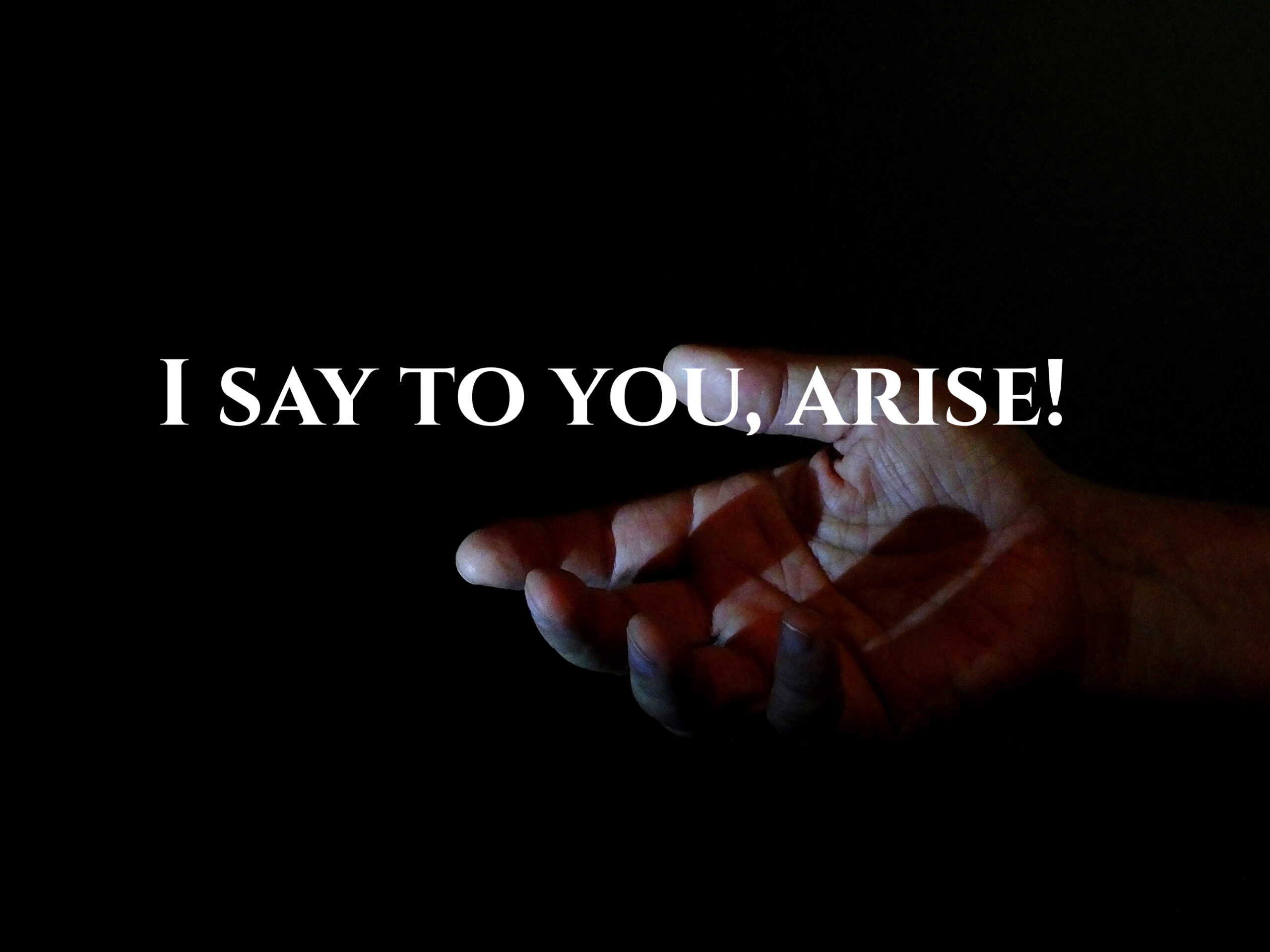
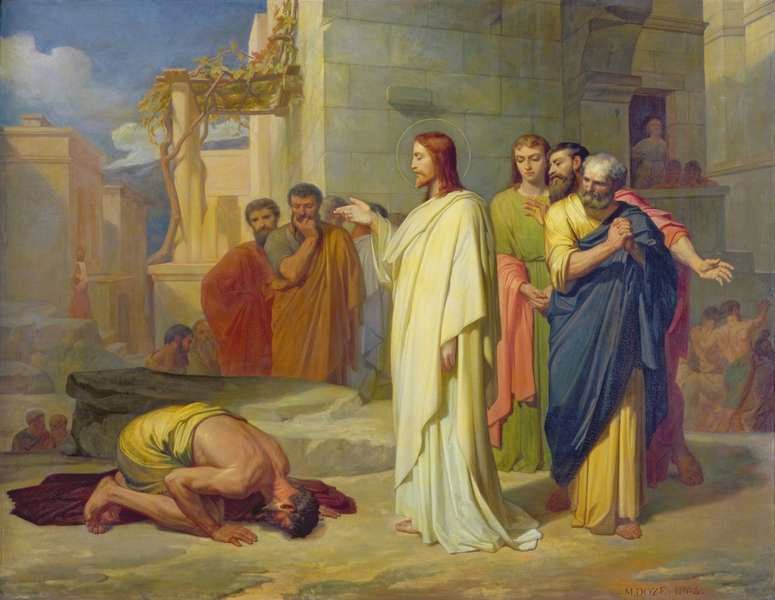


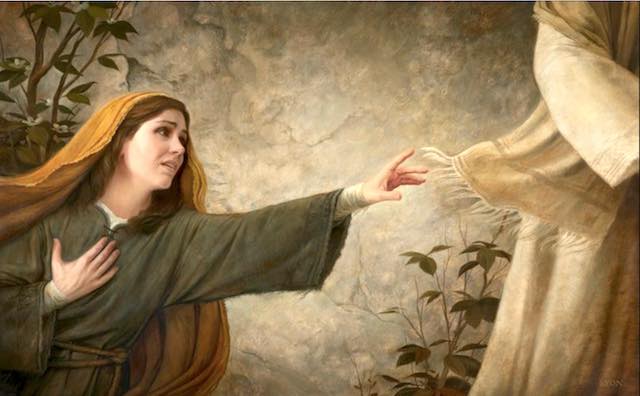

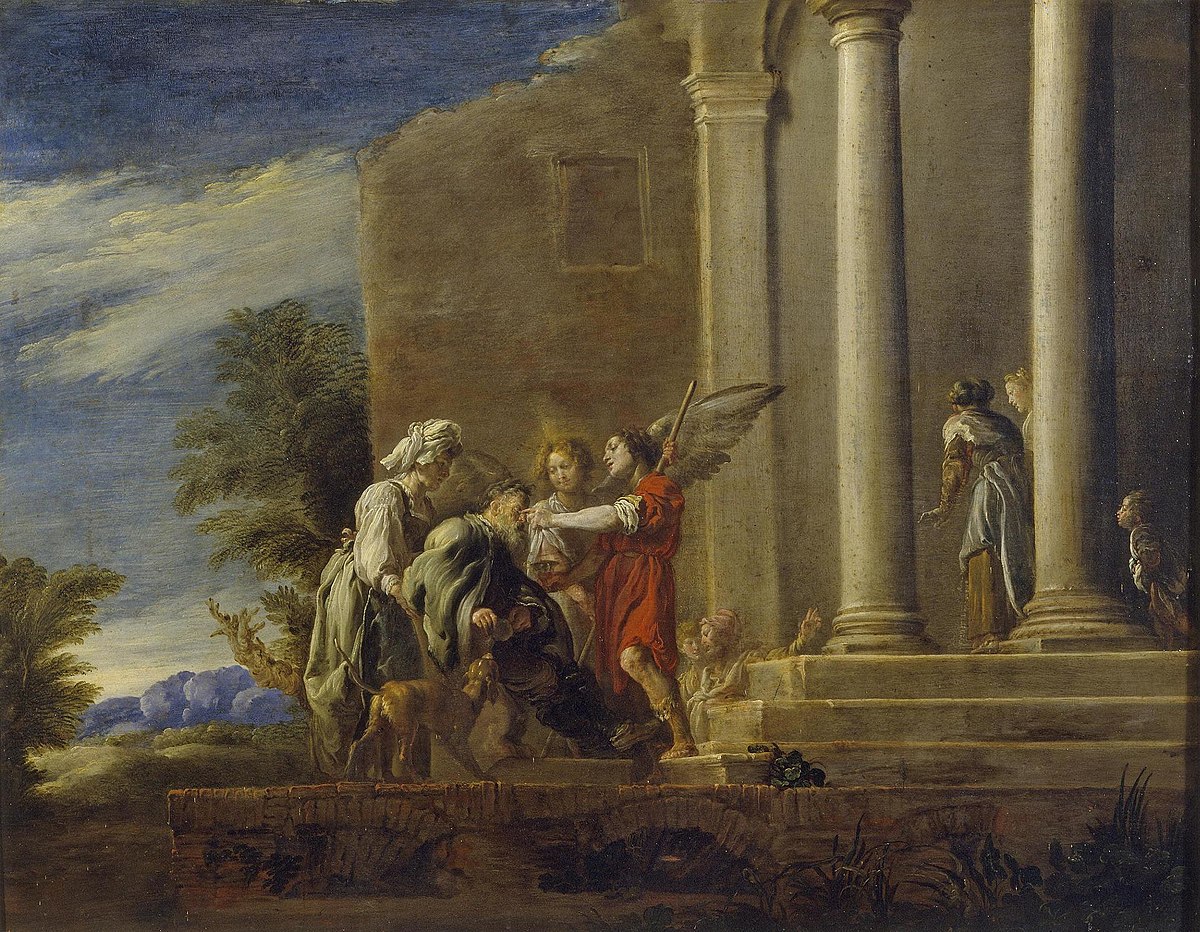
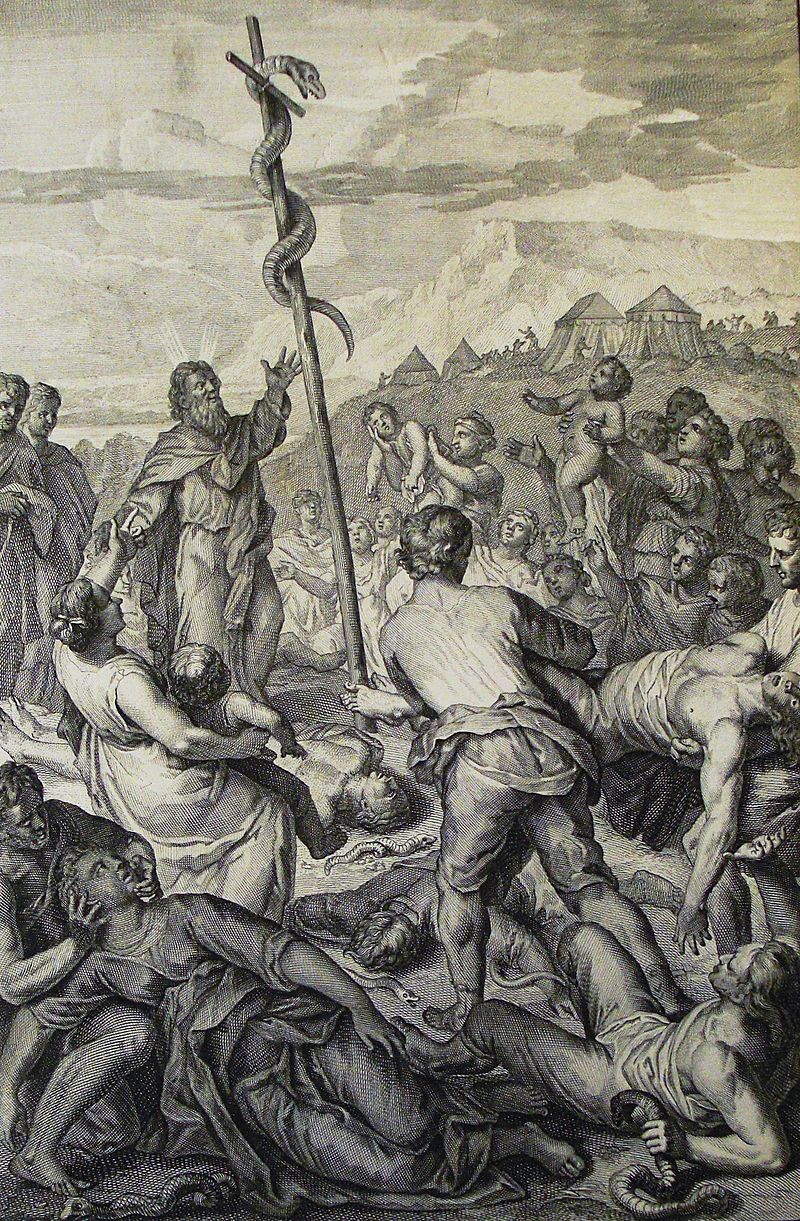
You must be logged in to post a comment.